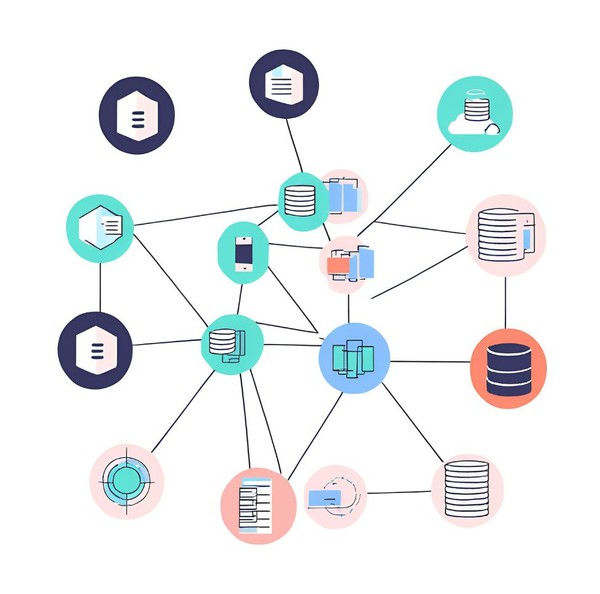Basics of Records Management
or how to become a paper chaos tamer
Subject taught by: Mgr. Martina Orosová, PhD.
Teaching method: lecture
ECTS: 3
Objective:
The course aims to provide students with comprehensive knowledge of registry management in Slovakia, with a focus on legal, administrative, and technological aspects. It will prepare students for the effective application of good practice in the field of records management, including the use of automated systems and electronic tools. It will provide an overview of best practices in records management, a discussion of challenges in current and future practice, and suggestions for improving processes. Students will receive practical recommendations that will enable them to effectively apply knowledge in the work environment as records managers.
Brief outline:
- Terminology and definitions of basic concepts in the context of global issues of records management
- Life cycle of records
- Relationship between registry and archive in connection with pre-archival care
- Main legal regulations for records management
- Special legal regulations related to records management
- Typology of records creators
- Processes and actors of records management
- Registry diary, record and registry record
- Creation and processing of files
- Handy registry and registry center
- Duties of the records manager
- Registry order and registry plan
- Disposal of registry records
- Records management in the digital world
- Information systems for records management
- Standards for information systems for records management
- E-Government and the Central Portal of Public Administration
- Electronic delivery, authorization, guaranteed conversion, electronic signing
- The importance of the Slovensko.sk portal for citizens and legal entities persons
Requirements for graduation:
- Regular attendance at lectures, three missed classes without an excuse are accepted.
- Passing a mid-term knowledge test (30%)
- Passing a final knowledge test (70%)
Recommended literature:
- Zákon č. 395/2002 Z. z. o archívoch a registratúrach a o doplnení niektorých zákonov v znení neskorších predpisov.
- Vyhláška MV SR č. 628/2002 Z. z., ktorou sa vykonávajú niektoré ustanovenia zákona o archívoch a registratúrach a o doplnení niektorých zákonov v znení neskorších predpisov.
- Vyhláška MV SR č. 410/2015 o podrobnostiach výkonu správy registratúry orgánov verejnej moci a o tvorbe spisu
- KARTOUS, Peter – MRIŽOVÁ, Mária. Správa registratúry a archívu podnikateľských a iných subjektov. Bratislava, 2000.
- MRIŽOVÁ, Mária – KARÁCSONYOVÁ, Elena. Moderná správa registratúry. Asociácia správcov registratúry, 2019.





